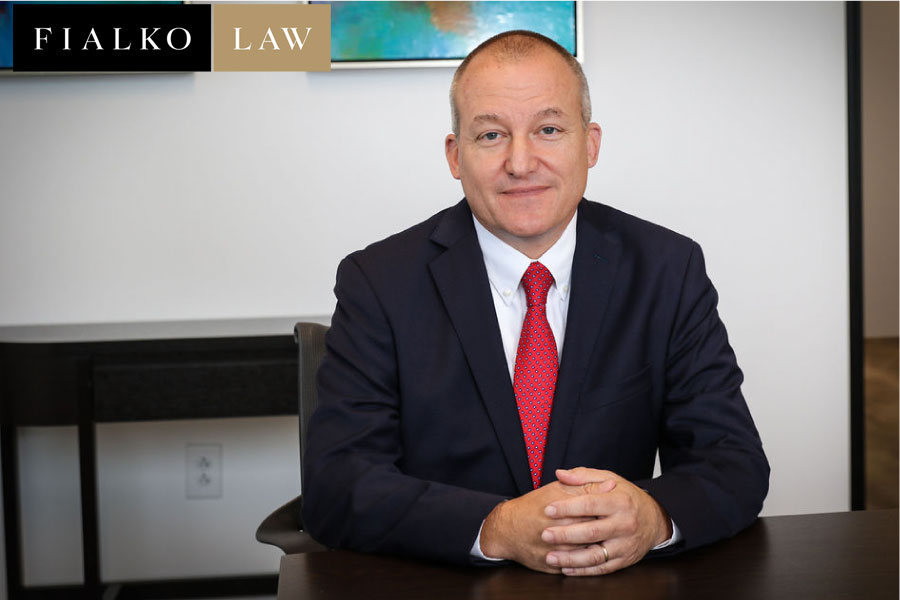A few years ago, I instituted a new rule: before going to trial or sentencing, I visit the client’s home and have dinner at the kitchen table.
Why?
Because I learn so much more about the client. I see how he interacts with family. I see photographs on the wall. At dinner I hear family stories about the client. I learn nicknames, habits, and anecdotes.
In African-American homes, word gets out that the lawyer is there and friends and neighbors drop by. No matter how dire the case, there is something about a meal at the kitchen table that brings out some laughter and joy of life. (It has to be at the kitchen table, not the dining room table.)
If the case is heading to trial, then after dinner becomes a bull session, brainstorming. No matter how much I’ve studied discovery before, I get a new insight or two from these sessions.
I had a case in a rural mountain county once, and only when a neighbor dropped in (I think for some free dessert) did I learn who the likely “reliable informant†was, and why the guy was likely unreliable.
Our criminal justice system de-humanizes the accused. They are called “suspects†or “perpetrators†or “defendants.â€Â I need to humanize each client. Actually, re-humanize them for the jury or judge.





